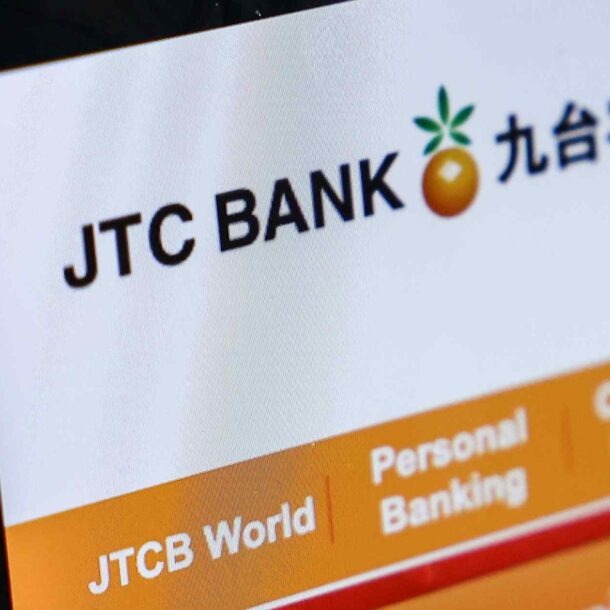Hello from Tokyo. The deadline for the 90-day pause on additional “reciprocal” tariffs unilaterally imposed by the administration of U.S. President Donald Trump is fast approaching this coming Wednesday. While many countries have been negotiating with Washington to reduce the tariffs that exceed the baseline 10% rate already in place, the outlook remains uncertain — except for the U.K., which has secured a deal, and Vietnam, which unexpectedly announced an agreement with the U.S. on Wednesday.
As the tariff implementation nears, President Trump has intensified his criticism, especially toward Japan. Earlier this week, he declared, “I’m not sure we’re going to make a deal,” and accused Japan of having “ripped us off for 30, 40 years.”
The additional 25% tariff on automobiles is already affecting Japanese automakers. With the cost burden becoming harder to absorb, companies such as Toyota Motor and Mitsubishi Motors have decided to raise prices in the U.S. market.
To help make sense of the complex and shifting Trump tariffs — which will have significant effects across Asia — Nikkei Asia has launched a “tariff tracker.” And this coming Tuesday, just ahead of the deadline, our market team will host a live webinar to break down the expected impacts.
As for what decisions President Trump — now widely known as a flip-flopper — will make by Wednesday, that remains to be seen. Be sure to check back with Nikkei Asia for the latest updates.
My suggested reads
1. Less than a year after taking office, Thailand’s youngest-ever prime minister, Paetongtarn Shinawatra, faces a political crisis. Her suspension by the Constitutional Court on Tuesday has deepened the country’s turmoil and underscored the weakening of her Pheu Thai Party, founded by her father, former Prime Minister Thaksin Shinawatra.
2. Presidents of two of the Philippines’ top retailers — Robinsons Retail Holdings Inc. and SM Investments Corp. — told Nikkei Asia that while domestic consumers are proving more resilient than expected, they are also becoming increasingly price-conscious and displaying a shift toward more deliberate spending, signaling that retailers will need to adapt to evolving consumer preferences.
3. While China and the U.S. chase ever more humanlike robots, Japan is going down a different path. The onetime leader in humanoid robots, as exemplified by SoftBank’s Pepper, is now focusing on more pragmatic applications, like cat-eared waiters and cleaning bots, to address the country’s severe labor crunch. As a bonus: They’re cute, too.
4. Hong Kong’s financial authorities injected massive liquidity into the market to keep the local currency within its pegged band, amid weakness in the U.S. dollar. This pushed borrowing costs in Hong Kong close to zero, enabling investors to exploit the U.S.-Hong Kong interest rate gap through so-called carry trades. As a result, the Hong Kong dollar swung sharply from the stronger to the weaker end of its trading band against the greenback.
5. Japanese baseball superstar Shohei Ohtani is winning global acclaim for his exploits in the U.S. major leagues. American baseball scout Jamey Storvick thinks he may have found Ohtani’s Taiwanese equivalent in Lin Sheng-en, a 19-year-old phenom who hails from the Indigenous Amis people and has signed with the Cincinnati Reds.
Through the lens
This week’s top photo pick: Anti-government protesters rally in front of the Victory Monument on June 28 in Bangkok. Thousands gathered to demand Thai Prime Minister Paetongtarn Shinawatra’s resignation over a leaked phone call linked to a border dispute with Cambodia. It was the largest anti-government rally since 2023, adding pressure to the government ahead of a possible no-confidence vote. (Photo by Lauren DeCicca/Getty Images)
Check out more of our photo coverage here
Wishing you a wonderful weekend!
Akito Tanaka
Sign up for the weekly Editor-in-chief’s picks newsletter here.
Follow us on LinkedIn and Instagram
Thank you for reading this newsletter. We are taking a short break and will be back in your inboxes on Friday, July 18.








